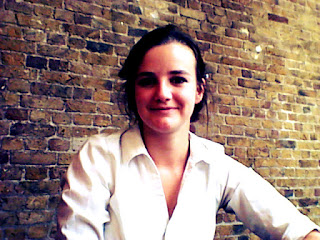Consciousness, on first glance, seems like a relatively easy concept to understand. It is something we have when we are awake, but which leaves us when we fall asleep, are knocked out, or faint. It is that feeling of awareness, of understanding our own being, the ability to feel and understand the world around us. But when we look a little closer, consciousness becomes a much murkier concept, and much less easy to comprehend.
Rene Descartes, the 17th century French philosopher, argued that consciousness was the domain of the mind, and that this was a separate entity to the body, a belief known as Dualism. He suggested that the two interacted via the pineal gland in the brain, but this led to a problem; How is it possible that something non-physical like the mind can affect something physical like the brain? Partly because of this so-called ‘mind-body’ problem, most modern researchers in consciousness reject the dualist approach, and treat consciousness as something that arises from physical processes in the brain.
Although it is a difficult concept to define, most of us are happy to agree that other humans also have consciousness, much like our own, but plants, mountains and other inanimate objects do not. But how do we know this? Although other people may look like us, and behave like us, there is no way we can know that they have the same experiences as us - we cannot know for sure that they are not ‘philosophical zombies’, with normal behaviour but no subjective experience of the world at all.
| Dualism views the mind and body as two distinct and separate things. Image credit: conkling |
Although it is a difficult concept to define, most of us are happy to agree that other humans also have consciousness, much like our own, but plants, mountains and other inanimate objects do not. But how do we know this? Although other people may look like us, and behave like us, there is no way we can know that they have the same experiences as us - we cannot know for sure that they are not ‘philosophical zombies’, with normal behaviour but no subjective experience of the world at all.


